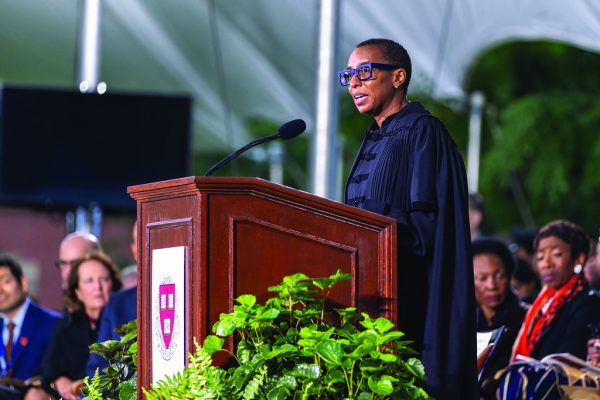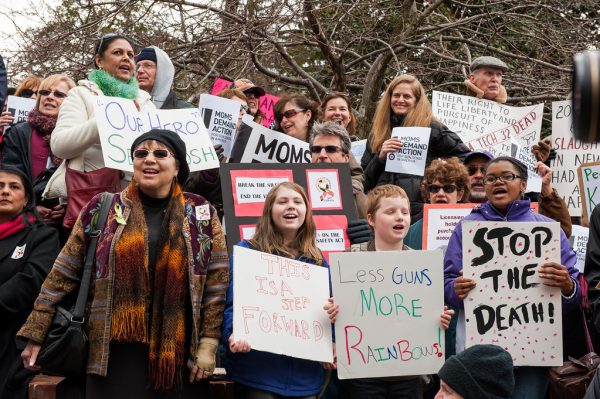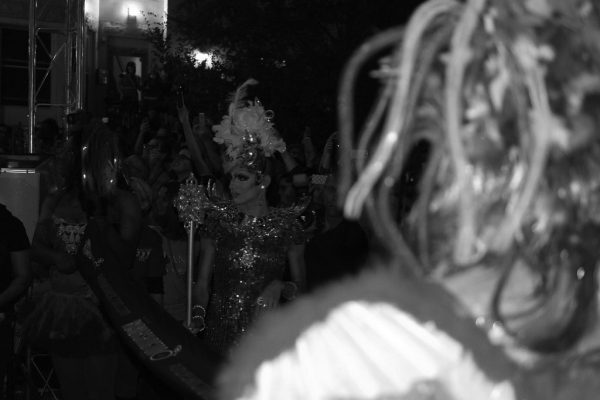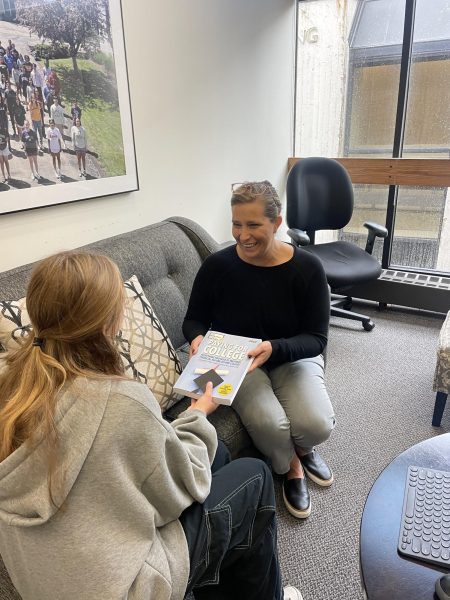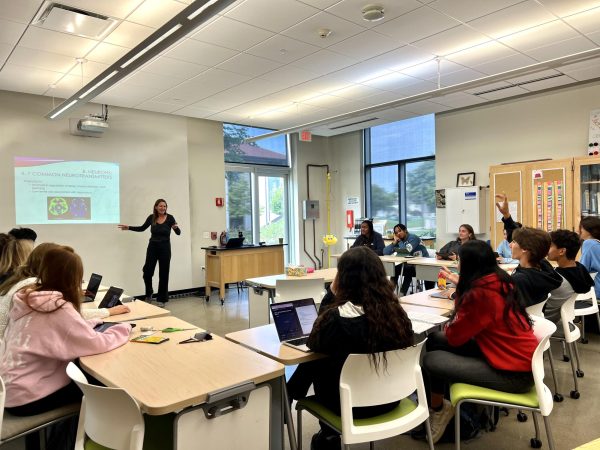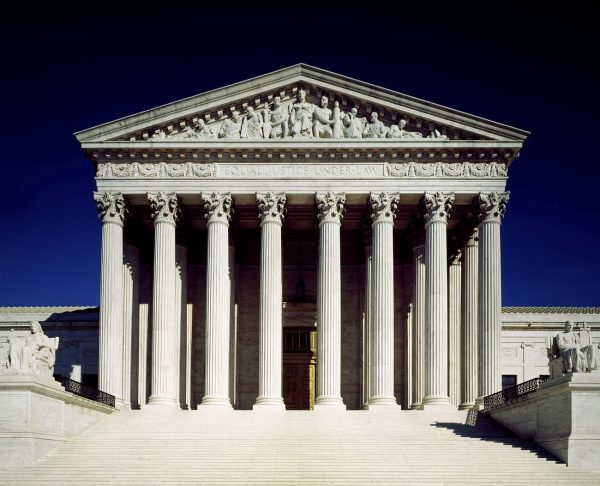Student discussion on Roe v. Wade
October 7, 2022
Jane Roe v. Henry Wade (referred to as Roe v. Wade) is a landmark United States Supreme Court case that recognized a woman’s constitutional right to have an abortion. The plaintiff, using the pseudonym Jane Roe, filed a lawsuit against Henry Wade, the Dallas District Attorney, arguing that Texas’s anti-abortion laws were unconstitutional. The case was then argued in front of the Supreme Court in 1971 and decided in 1973. In their decision, the Supreme Court determined that “the right asserted by Jane Roe is embraced within the personal liberty protected by the Due Process Clause of the Fourteenth Amendment” (Roe v. Wade, 410 U.S. 113). Roe v. Wade has prohibited states from overturning abortion rights for almost 50 years.
On June 24th, 2022, the Supreme Court overturned Roe v. Wade in a case titled Dobbs v. Jackson Women’s Health Organization, dismantling the 1973 precedent and returning power to each state to decide abortion laws. The Court held that the Constitution “does not prohibit the citizens of each State from regulating or prohibiting abortion,” stated Justice Samuel Alito of the majority. Similar to the initial decision in Roe, the Dobbs decision sparked massive outrage.
On September 12th, the Spectator staff organized a student-led discussion for students to share their thoughts and emotions concerning the overturn of Roe v. Wade. The discussion saw a turnout of 36 students, complemented by a few teachers.
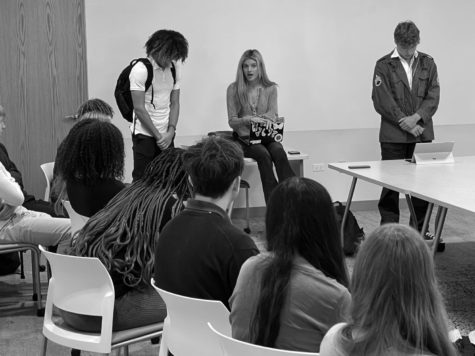
To begin the discussion, the moderating Spectator staff members posed questions about how safe people felt sharing their viewpoints, without fear of backlash or shame. Most participants seemed to agree that larger groups are generally more fear provoking than smaller groups of trustworthy individuals. Many students agreed that they feel like they have to dilute their opinions to safely share them at LFA. In more intimate groups, the person sharing trusts that they will not be judged for their beliefs, therefore able to share openly.
Discussion around emotion and sectionalism played into the debate, with people expressing that politics are personal, as they concern personal issues and are formed by personal experiences. One participant identified the stigma around emotion, arguing that people believe that women in particular are shunned in politics for being ‘too emotional’.
Spectator staff then asked what Roe v. Wade meant to the group. Words such as “safety” “capability” and “security” were repeated. However, the discussion then transformed into how the decision impacts one’s family. Students brought up anecdotes of the silence and yells, ignorance and division. The impact of religion on them and their family members affected many, typically dividing.
The discussion identified the danger of stereotypes on the basis of beliefs and religion. People spoke on how they disagree with their traditional religious beliefs in certain aspects. No one spoke of believing in one side of the argument because of their religion. Not judging people by their beliefs, but instead by their character, was deemed of the utmost importance.
Dobbs’ impact on other precedents concerned many. Students expressed concern about the language in Justice Clarence Thomas’ majority opinion. Justice Thomas stated the same rational used in overturning Roe v. Wade should be used to overturn cases establishing rights relating to contraception, same-sex marriage, and inter-racial marriage that also relied on the Due Process Clause and legal precedent.
It is important to note that the forum LFA held might not have reflected the views of the entire student body. The Spectator conducted an anonymous online poll prior to the discussion, which revealed that around a third of 140 responding LFA students agreed with the overturn of Roe v. Wade. While the minority was possibly present in the in-person discussion, they did not communicate their ideas openly during the discussion. This brings into question how safe the minority feels to share their opinion at LFA, despite the fact that LFA continues to invite students to discuss their disagreements and advocate for understanding.
The original Roe V. Wade decision enforcing the right to abortion was based on the aforementioned Due Process precedent, used to establish many other landmark decisions. By overturning Roe V. Wade, this precedent has been questioned, namely by Justice Clarence Thomas. Thomas urged courts to reexamine court decisions such as Griswold V. Connecticut (Contraceptives), Lawrence V. Texas (Same-sex relations), and Obergrfell V. Hodges (Same-sex Marriage). Thomas excluded in his opinion any statement about Loving V. Virginia (Interracial marriage)– Thomas is in an interracial marriage. Students and faculty expressed concerns they have towards the progress that’s been made through these landmark cases, and how it could be under jeopardy. Other justices who voted to overturn Roe V. Wade, such as Justice Brent Kavanaugh, established there’s no intention to pursue overturning these rulings. Still, a route to do so, should that become a goal, is available.
Attached below is a link to an infographic for those looking to be even more active in projecting their opinions, helping those affected by this national issue, or seeking to become more direct in their influence.
LFA continues to invite students to discuss their disagreements and advocate for understanding, believing that students must continue to have difficult and complex conversations in order to improve relationships and environments.
Red and White Clean & Corporate Fundraising Charity Infographic
No Description








